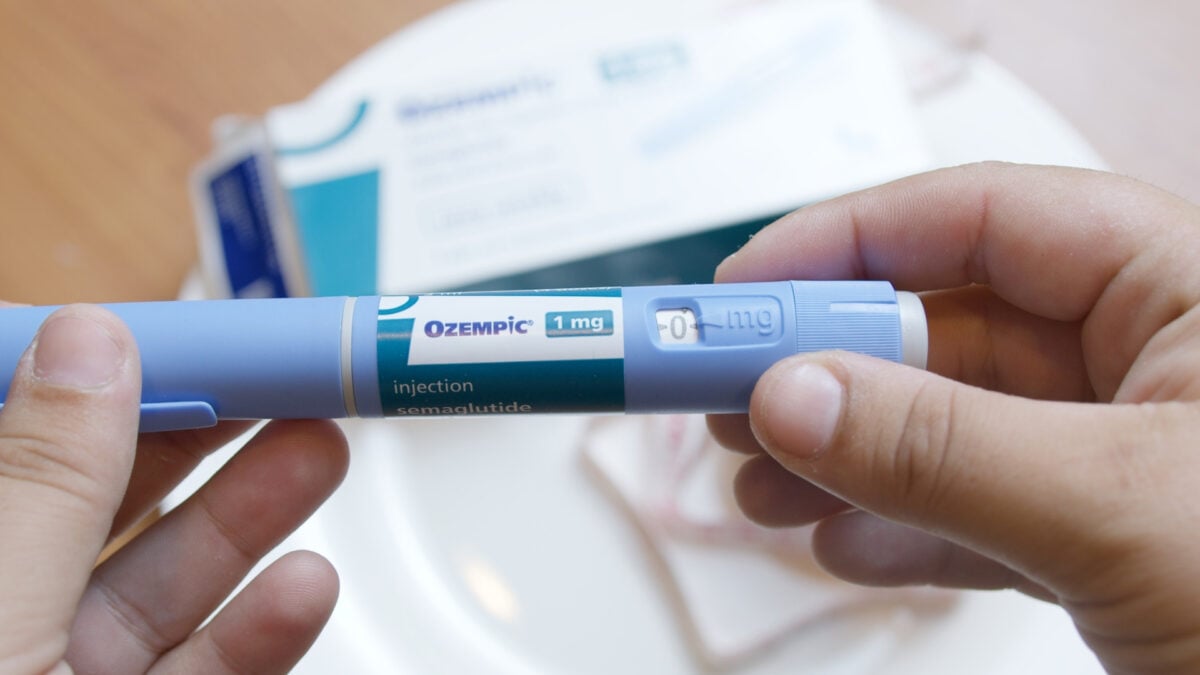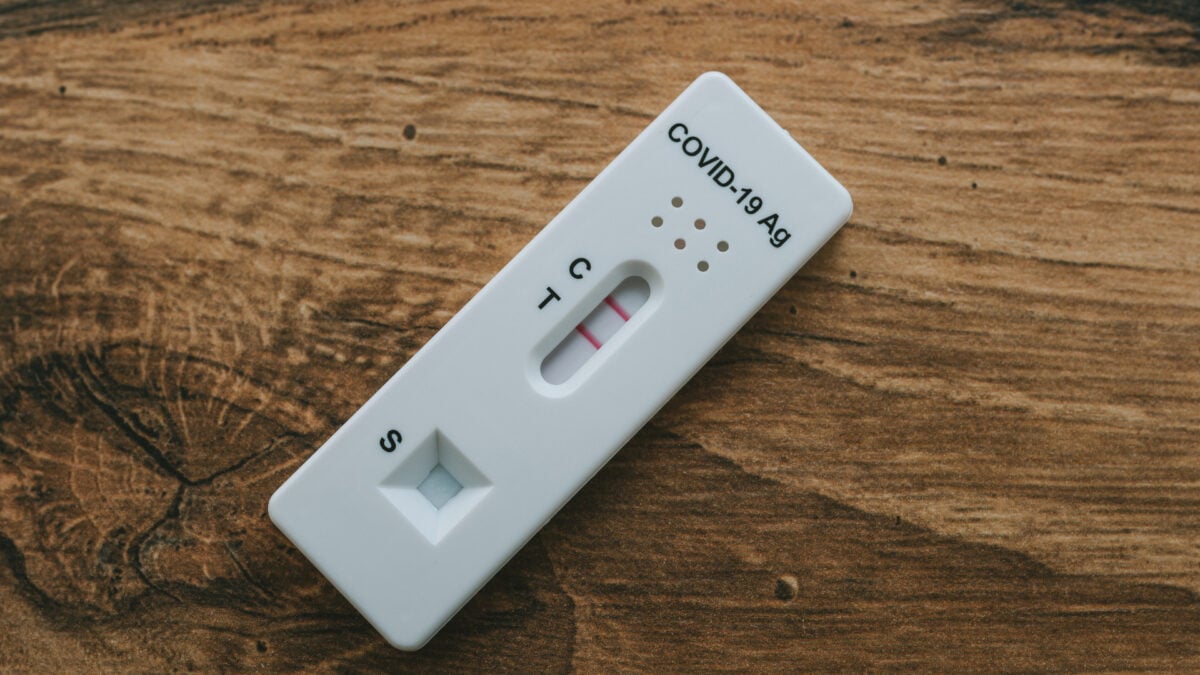Period tracking apps are data “gold mines” for advertisers, warns a new University of Cambridge report. This valuable data fuels customer profiling for targeted marketing. However, the risks extend far beyond ads, potentially impacting employment, insurance, and even being used to limit abortion access in the U.S.
The Scope of Data Collection: More Than Just Your Cycle
Hundreds of millions globally use period tracking apps. A 2024 study estimated over 250 million downloads for the top three alone. These platforms, run by companies profiting from user data, find pregnancy-related data exceptionally valuable—reportedly 200 times more so than age or gender, per the University of Cambridge report.
Sociologist Stefanie Felsberger, the report’s lead author from the University of Cambridge’s Minderoo Centre for Technology and Democracy, told maagx.com these apps collect vast data: not just menstrual cycle details, but “reproductive choices, sexual activities, their wellbeing, health, [and] medication intake.” User background data like age, IP addresses, app usage, and device specifics are also gathered.
From Targeted Ads to Alarming Exploitation
Advertisers keenly utilize this highly valuable data for precise customer profiling and tailored marketing. However, the University of Cambridge report underscores risks beyond targeted ads: jeopardized job prospects, workplace surveillance, insurance discrimination, cyberstalking, and implication in efforts to limit U.S. abortion access.
Investigations by U.K. nonprofit Privacy International in 2019 and 2020 found multiple apps directly sharing personal data with advertisers. A May 2024 follow-up study revealed that while major menstrual app firms have improved data privacy, many still collect U.K. and U.S. user device data with “no meaningful consent.”
Felsberger’s interviews with Austrian users revealed a surprising unawareness; many didn’t see their menstrual data as deeply personal or understand its commercial significance. “We have limited and also changing knowledge about how and where this data has been shared and who has access to it,” Felsberger stated, emphasizing the opaque nature of these data practices.
Legal Loopholes and Real-World Consequences
In the U.S., menstrual tracking apps, often classed as wellness devices, mean their data lacks special legal protection, Felsberger explained. This gap allows advertisers and government officials to access sensitive information. Felsberger warns, “Menstrual tracking data is being used to control people’s reproductive lives.”
The Cambridge report cites two cases, while not directly involving app data, that illustrate governmental misuse of menstrual information to restrict abortion access. In 2019, Missouri’s health department used such data to investigate failed abortions, tracking patient IDs and procedural details, leading to an attempt to withhold St. Louis’ Planned Parenthood’s license—then the state’s sole abortion provider—which was later restored after a legal fight.
Additionally, under the Trump administration, the Office of Refugee Resettlement tracked asylum-seeking minors’ menstrual cycles to prevent abortions, even post-rape. An MSNBC freedom of information request uncovered spreadsheets with cycle dates, pregnancy details, consent status, and abortion requests.
The Post-Dobbs Landscape: Heightened Risks for Reproductive Rights
These instances highlight the severe risks of unprotected period tracking data, especially since Roe v. Wade was overturned in 2022. With abortion access now fragmented across the U.S.—banned in 13 states and heavily restricted in 11 more—the potential for menstrual data misuse in reproductive health contexts is dangerously amplified.
Global Perspectives and the Call for Accountability
The EU and U.K. offer stronger legal data protections for period apps, but Felsberger noted poor implementation and vague privacy policies often obscure data access. She stressed app developers’ “very large responsibility” for data safety and transparency, urging them to “do their utmost.” Felsberger also called for stronger U.S. federal regulations.
While these apps offer health insights, users should consider safer alternatives. Felsberger recommends non-commercial period tracking apps from non-profits or research bodies that prioritize data privacy. As reproductive health landscapes shift, especially in the U.S., understanding how third parties might exploit your menstrual data is crucial. “Menstrual tracking data is being used to control people’s reproductive lives,” Felsberger stated. “It should not be left in the hands of private companies.”











